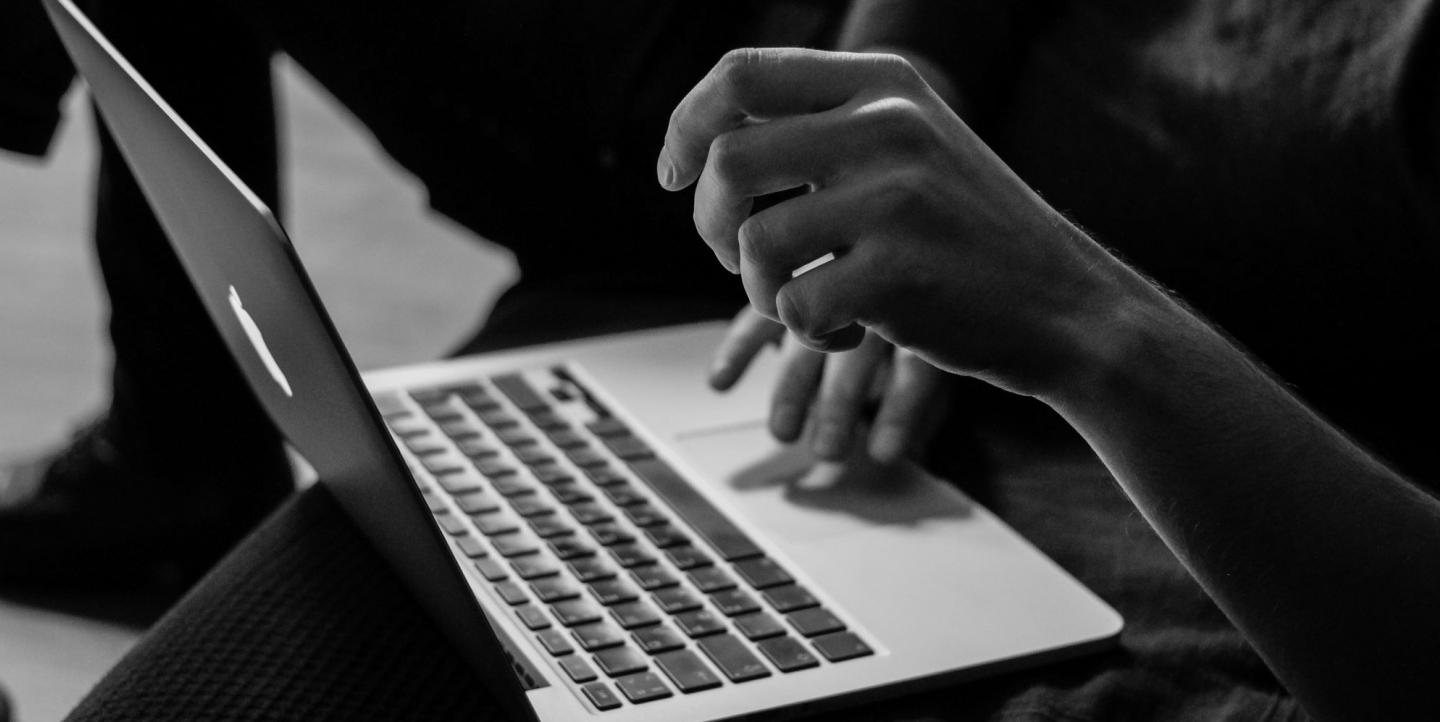First, there were angry letters. Next came abusive emails. Then social media-amplified public harassment, smear campaigns and doxxing — the malicious exposure of information like home addresses and phone numbers — disproportionately targeting already marginalized groups.
According to a 2020 global survey by ICFJ for UNESCO, three out of four women journalists experienced online violence, with minority communities at higher risk. Emerging threats like deepfakes are beginning to add a dangerous new layer.
“Trolling, which brings to mind the image of this lone person typing away, is almost an outdated idea,” said Ela Stapley, a digital security adviser at the Committee to Protect Journalists. “We see a sophistication in how online abuse has evolved to target journalists and media outlets, to drive them offline, change the narrative about a particular topic, undermine press freedom, and sow distrust in audiences.” Tactics include state-sponsored trolling and the use of mis- and disinformation to suppress credible news.
Online violence — a term that better captures the scale of these attacks — often reflects societal and political tensions. It seeks to control public discourse, impacting journalists’ mental health, sense of safety, and ability to work. Hacked accounts, lost access to tools, and targeted campaigns can silence reporters or even drive them out of the profession.
The problem is increasingly pervasive. "We used to be able to predict who would receive abuse, for instance, those covering politics or corruption," Stapley said. Now, no beat is safe. Especially when large groups that feel strongly about their views are involved, from conspiracy theorists to fan bases in sports or music.
Harassers often search for a journalist’s personal details and share them in organized communities, leading to serious risks that last for days or even weeks. “It tends to come in peaks and troughs,” Stapley explained. “For women, it’s much worse because they receive violent sexual threats and threats against their family, which we don’t tend to see as much for male journalists.”
Nicola Kelly, a London-based, award-winning reporter covering U.K. immigration and asylum, and author of the upcoming book, Anywhere But Here, recently detailed her experience with online harassment. After posting footage from a contact during far-right riots outside a hotel housing asylum seekers in 2023, trolls labeled her a "traitor," leaked her personal phone number, and came after her and her child. One attacker even claimed to know the location of their nursery.
“I was too quick to dismiss red flags, believing they wouldn't come after a journalist and that I was well-protected by my editors and the police,” she said. “I now realize personal security is a matter for you as an individual.” Now, she takes a proactive approach to security, recognizing that there are ways to prepare for and mitigate risks. Drawing on insights from Kelly and Stapley, here are strategies to help you protect yourself and respond to a potential attack.
Protecting yourself before an attack
Act before an attack, but if threats arise, these are actions you can still take to reduce harm.
Clean up your digital presence
Look yourself up on multiple search engines using advanced methods like Boolean terms to see what’s accessible. “Search your full name — first and last name in capitals — in quotation marks, and any other personal data, like phone number or home address,” Stapley advised. She also recommended regularly checking and removing any unnecessary or sensitive data at least twice a year.
Review your social media accounts to ensure they don’t expose personal details like your date of birth, favorite locations, or family photos. “From a security standpoint, it’s bad practice to mix personal and professional activities in one account,” Stapley warned. “If someone gains access to it, they could have access to all areas of your life.” Keep personal accounts private and work-related accounts strictly professional.
Plan for the worst
Prepare for potential doxxing by planning where to go, whom to reach out to, and what actions to take. Inform trusted contacts, such as family, friends or editors, who can support you.
When Kelly was targeted, she and her family installed additional security devices at home and flagged the situation to the person looking after their child. The Online Violence Response Hub suggests additional measures.
Responding to an attack
Go private (and offline)
After her incident, Kelly overhauled her social media settings, making her Facebook and Instagram private and restricting her X presence to professional connections. Also consider stepping away from online platforms temporarily. Let someone you trust monitor your accounts for credible threats.
"Informing family, friends, or your editor, if you have that kind of relationship with them, can also be helpful," Stapley added.
Use real-time tools
Since 2015, TrollBusters has offered tools and training for journalists under attack, including its new AI-powered chatbot, Navigator, designed to provide practical, empathetic guidance to enhance safety and access to legal and professional resources.
“From our threat infographic, to our Facebook chatbot, our social video explainer to this AI assistant, we are always seeking ways to get the right information and advice to journalists when they need it,” wrote the founder Michelle Ferrier via email.
Work with law enforcement, if possible
Reporting threats to law enforcement can help establish a record, though its effectiveness may vary by region and circumstances. “The police may not need to take action now, but they can build a history of your case,” Kelly, who’s based in the U.K., said.
Documenting threats can also serve as evidence for editors or press freedom organizations who may offer support. To protect your mental health, ask someone else to handle this process if possible.
Take care of your mental health
Taking breaks from the internet can provide relief from harassment. “Journalists spend a lot of time online and are very attached to their devices,” Stapley said. “But you don't have to look at the abuse all the time.”
She also encouraged setting boundaries between work and personal life, which improves both digital safety and mental well-being.
Stay resilient
Despite the challenges, Kelly encouraged journalists to persevere.
“Trolls come after people who are exposing the truth,” she said. “Be vigilant about your own security, but have confidence that what you are doing is in the public interest. You never know what impact your reporting might have.”
Helpful resources
- Resources for protecting against online abuse, from the Committee to Protect Journalists
- Online Violence Response Hub, from the Coalition Against Online Violence
- A Guide to Protecting Newsrooms and Journalists Against Online Violence, from the International Women’s Media Fund
Photo by Sergey Zolkin on Unsplash.


